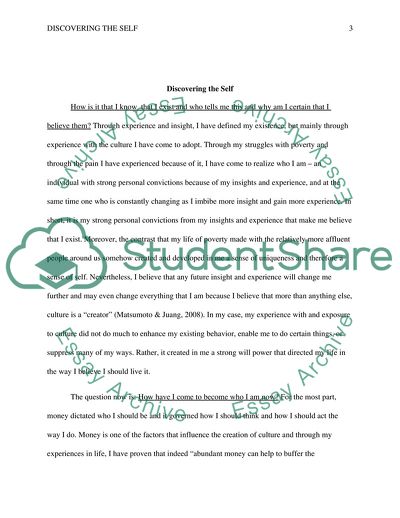Cite this document
(Discovering the Self Assignment Example | Topics and Well Written Essays - 1750 words, n.d.)
Discovering the Self Assignment Example | Topics and Well Written Essays - 1750 words. https://studentshare.org/psychology/1778399-discovering-the-self
Discovering the Self Assignment Example | Topics and Well Written Essays - 1750 words. https://studentshare.org/psychology/1778399-discovering-the-self
(Discovering the Self Assignment Example | Topics and Well Written Essays - 1750 Words)
Discovering the Self Assignment Example | Topics and Well Written Essays - 1750 Words. https://studentshare.org/psychology/1778399-discovering-the-self.
Discovering the Self Assignment Example | Topics and Well Written Essays - 1750 Words. https://studentshare.org/psychology/1778399-discovering-the-self.
“Discovering the Self Assignment Example | Topics and Well Written Essays - 1750 Words”. https://studentshare.org/psychology/1778399-discovering-the-self.


